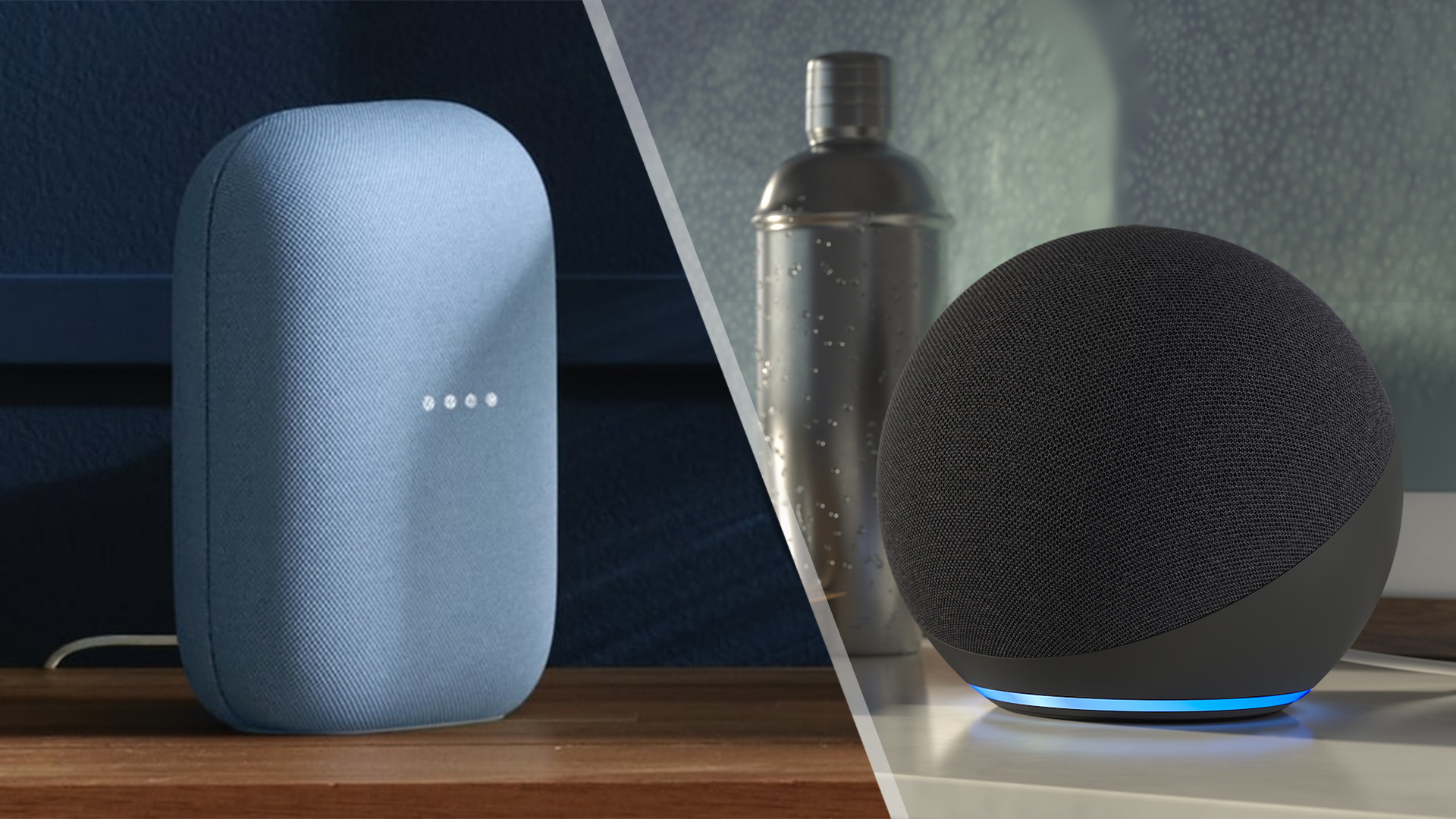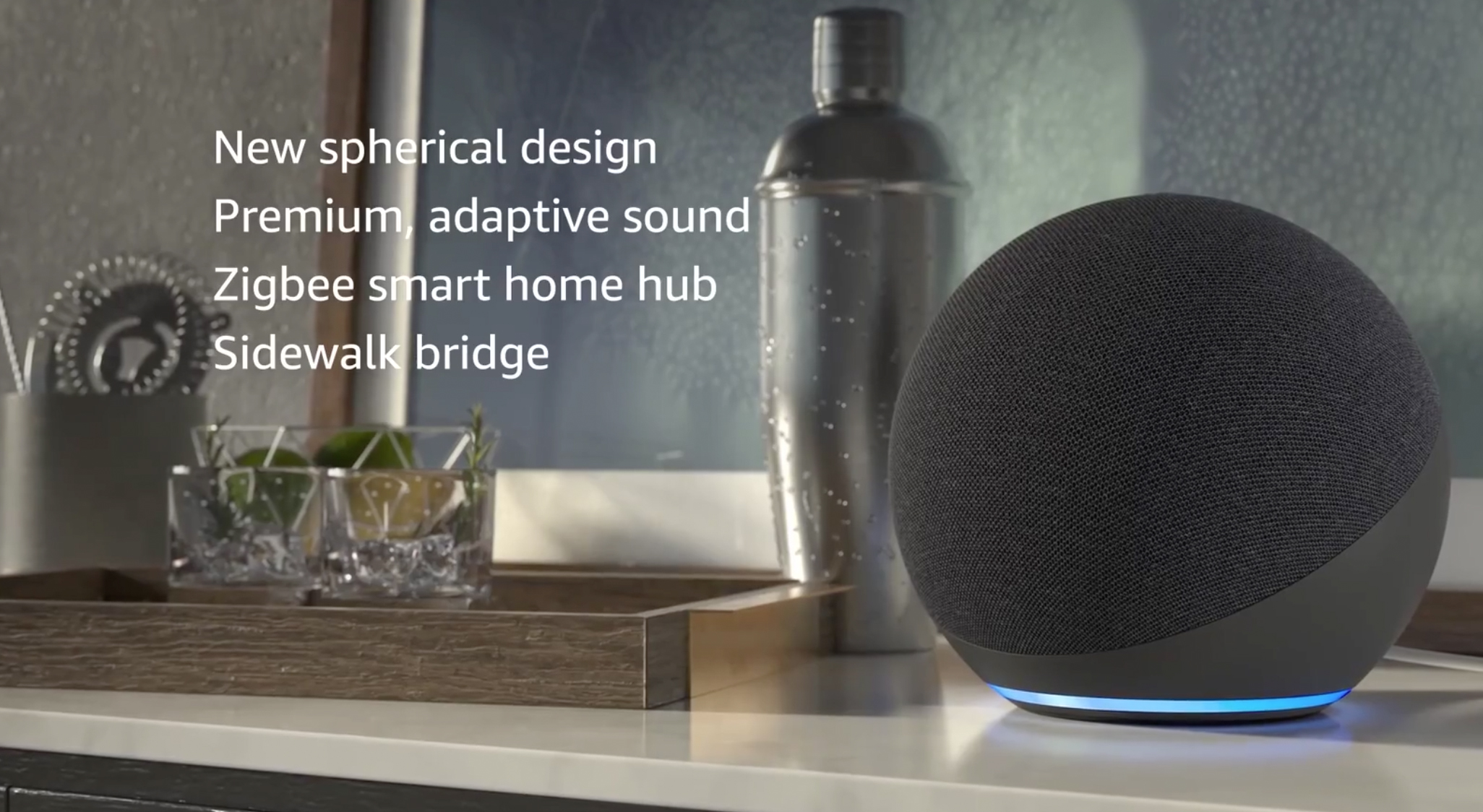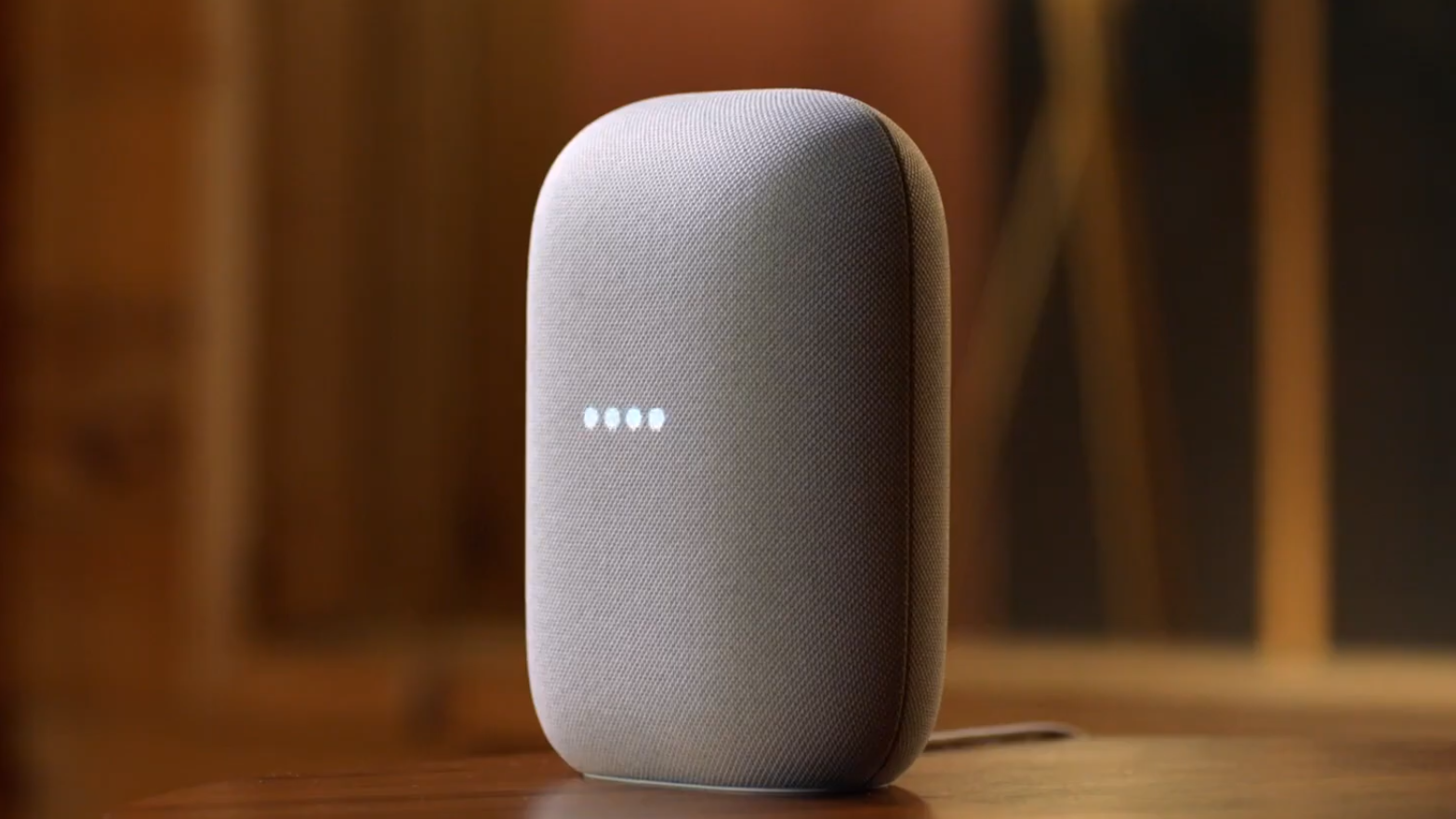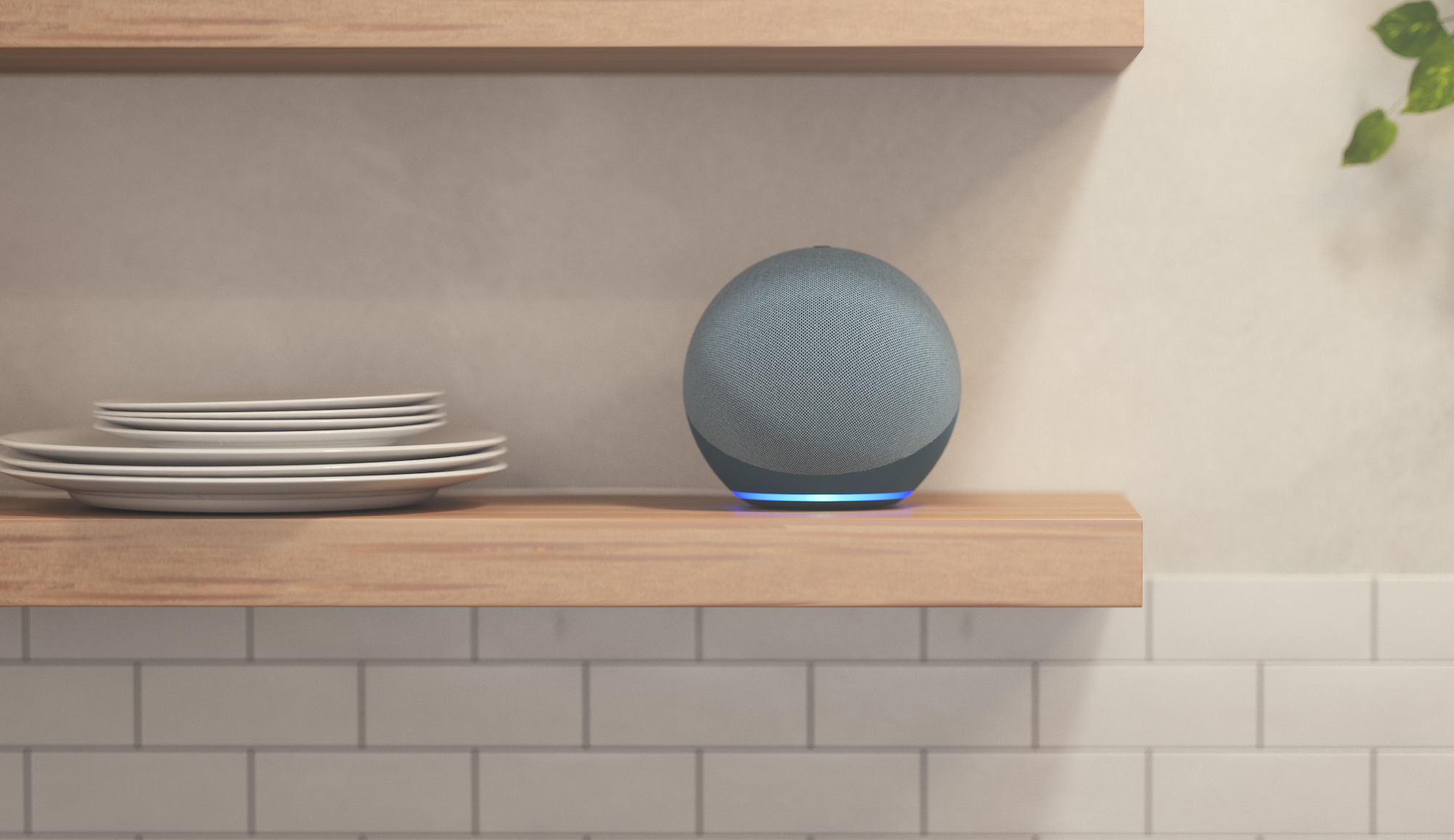Google Nest Audio vs. Amazon Echo: How these new smart speakers stack up
Which new smart speaker is worth your $99?

Smart speakers don't get as much as hype as, say, flagship smartphones or smartwatches. But that doesn't make the showdown between two new connected home products — Google Nest Audio vs. Amazon Echo — any less worth your attention.
If your home is Alexa or Google Assistant-oriented, that alignment answers which of these $99 smart speakers is best for you. But if you're free from the restraints of voice assistant loyalty, there are several factors to consider while shopping.
- The best smart home devices right now
- On a budget? Check out the best cheap smart home devices instead
Which smart assistant would you prefer to use? How will the speaker look in your home? What unique features do the Google Nest Audio and Amazon Echo offer? Which will be higher ranked in our roundup of the best smart speakers?
We'll address these questions in the Google Nest Audio vs. Amazon Echo face-off below.
Google Nest Audio vs. Amazon Echo: Specs compared
| Header Cell - Column 0 | Google Nest Audio | Amazon Echo |
|---|---|---|
| Price | $99 | $99.99 |
| Voice assistant | Google Assistant | Amazon Alexa |
| Size | 6.9 x 4.9 x 3.1 inches | 5.7 x 5.7 x 5.2 inches |
| Weight | 2.65 pounds | 2.14 pounds |
| Speakers | 75-mm woofer, 19-mm tweeter | 76.2-mm woofer, dual 20-mm tweeters |
| Ports | N/A | 3.3-mm audio line in/out |
Google Nest Audio vs. Amazon Echo: Price
The Google Nest Audio and Amazon Echo bear the same cost, essentially. Google's new speaker is $99, while the Amazon Echo is $99.99.
If you want a smart speaker for less, the Amazon Echo Dot and Google Nest Mini are more compact offerings that cost about $50. Although you might be able to find Amazon's speakers for less thanks to some ongoing Prime Days deals.
Google Nest Audio vs. Amazon Echo: Design

Both the Google Nest Audio and Amazon Echo are smart home devices that want to be seen, not concealed. The circular design of the Echo, which weighs 2.14 pounds and measures roughly 5.7 inches in diameter, offers a homier look than the company's previous in-brand speakers. It seems Amazon took a cue from the Google Nest Mini in moving towards a predominately fabric-swathed exterior.
The Google Nest Audio comes covered in fabric, too. The grille wraps around the device lengthwise, and the elliptical-shaped speaker stands just shy of 7 inches tall. Not only does the Nest Audio tower over the Amazon Echo — at 2.65 pounds, it's heftier, too.
Each smart speaker has a mic toggle, as well as status LED arrays. The Echo's lights are located in ring-formation around its base, while the Nest Audio's are found beneath the front fabric as four horizontal dots.
A key design difference between the Google Nest Audio vs. Amazon Echo is the latter's 3.5-millimeter audio line out/in port. You can also use the Amazon Echo wirelessly as a speaker for for your smart TV. The same cannot be said for Nest Audio.
Google Nest Audio vs. Amazon Echo: Sound quality

Google says the Nest Audio is 75% louder and has 50% stronger bass than the original Google Home (which we already thought had great bass.) This is thanks to a 19-millimeter tweeter and 75-millimeter woofer.
Although the Amazon Echo isn't quite as large as the Nest Audio, it has a slightly bigger 76.2-millimeter woofer and two 20-millimeter woofers. Of course, we'll need to test how each speaker performs against some of their category competitors.
Both companies claim that their new smart speakers have adaptive sound capabilities, so we'll need to challenge those claims through hands-on testing, too.
Google Nest Audio vs. Amazon Echo: Smart home features

The Google Nest Audio and Amazon Echo have proprietary chips that aim to make communicating with each company's smart assistant more efficient. The Nest Audio's TeraOPS and Echo's AZ1 Neural Edge chip both move processing experiences from cloud data centers directly onto the device, while allegedly speeding up assistant response.
As the two leading smart home assistants, Google Assistant and Amazon Echo are pretty tied up in terms of features. Both let you make calls (although AT&T customers with Alexa can make their Echo an actual phone) and control a vast array of compatible smart home devices.
Our guides to the best Alexa compatible devices and best Google Home compatible devices can show you what kind of ecosystem you might build with each assistant.
As a smart home command center, however, the Amazon Echo might be a better choice. It has a built-in Zigbee hub, which makes setting up or controlling connected devices simpler and more reliable. As its name suggests, the Nest Audio is positioned more as a premium speaker, like the Sonos One, than as a smart home hub, like the Google Nest Hub Max.
Google Nest Audio vs. Amazon Echo: Outlook
With the influx of people spending more time inside, it's a better time than ever to raise your home's IQ. That's why the launch of two new big-brand smart speakers is important.
If you're starting a smart home from scratch, the Amazon Echo might be more equipped to act as foundation. The Nest Audio, rather, seems to be marketed as a sound savant. Of course, we'll need to put those claims to test once these speakers arrive.
The Nest Audio is out on October 5, and the Amazon Echo is out on October 22.
Sign up to get the BEST of Tom's Guide direct to your inbox.
Get instant access to breaking news, the hottest reviews, great deals and helpful tips.
Kate Kozuch is the managing editor of social and video at Tom’s Guide. She writes about smartwatches, TVs, audio devices, and some cooking appliances, too. Kate appears on Fox News to talk tech trends and runs the Tom's Guide TikTok account, which you should be following if you don't already. When she’s not filming tech videos, you can find her taking up a new sport, mastering the NYT Crossword or channeling her inner celebrity chef.

